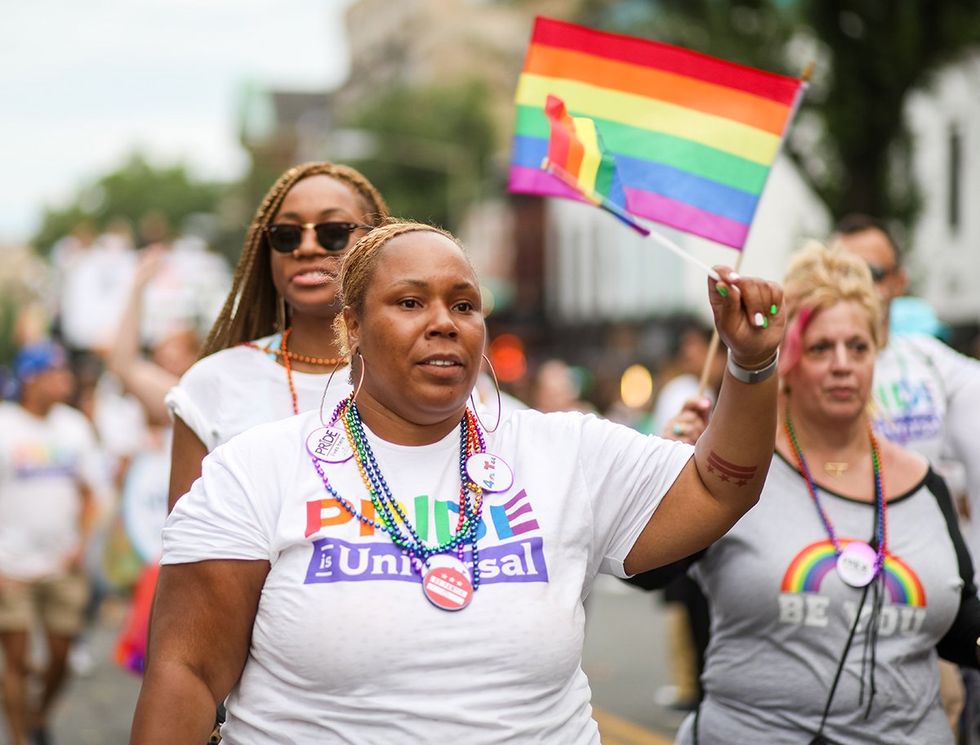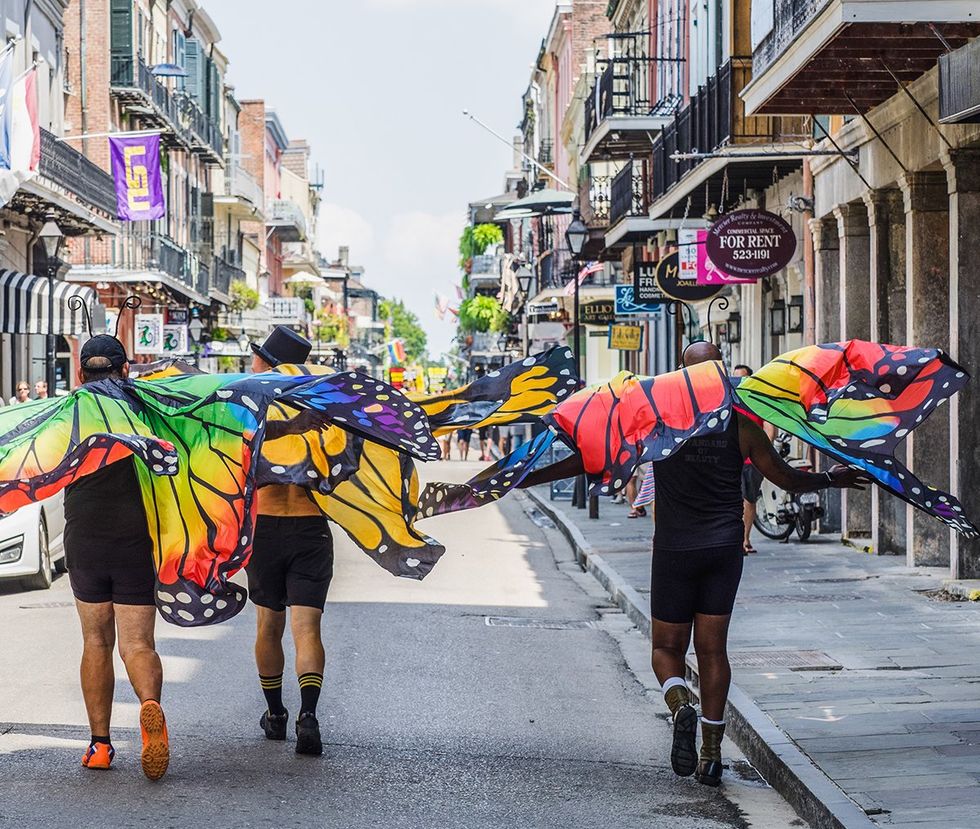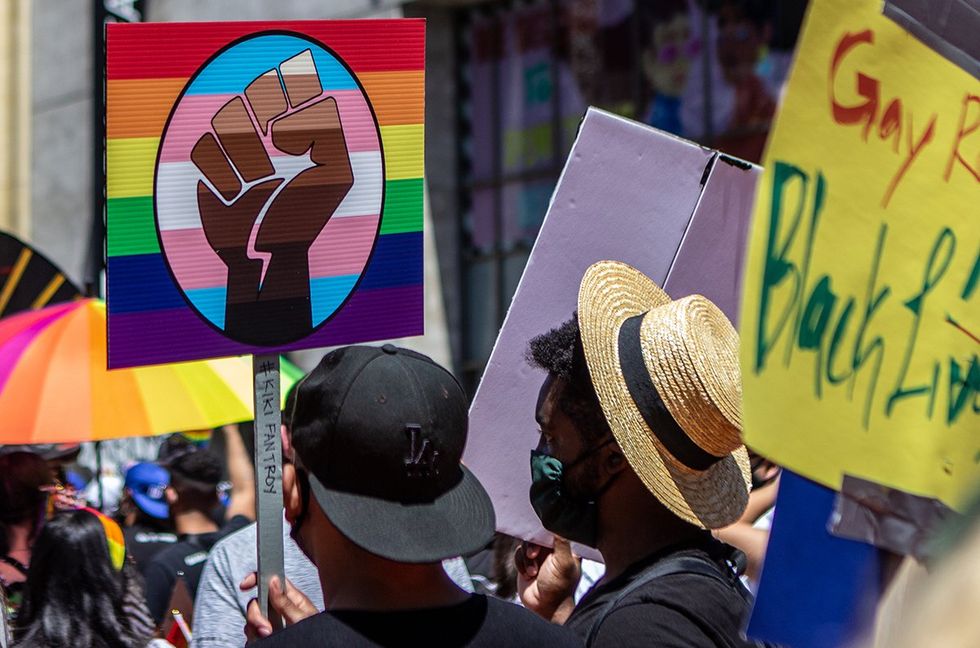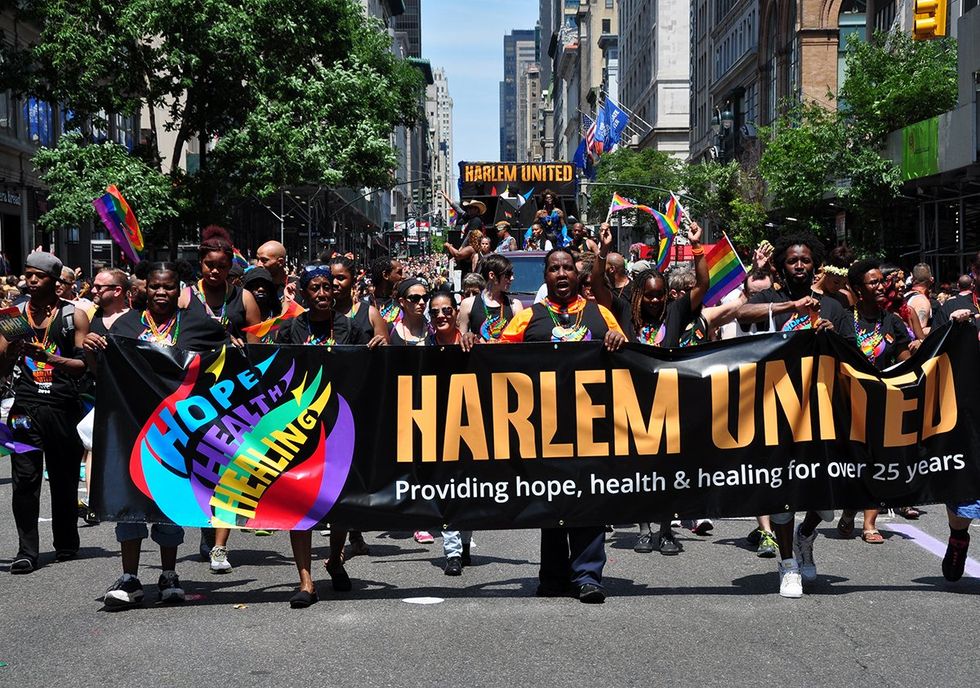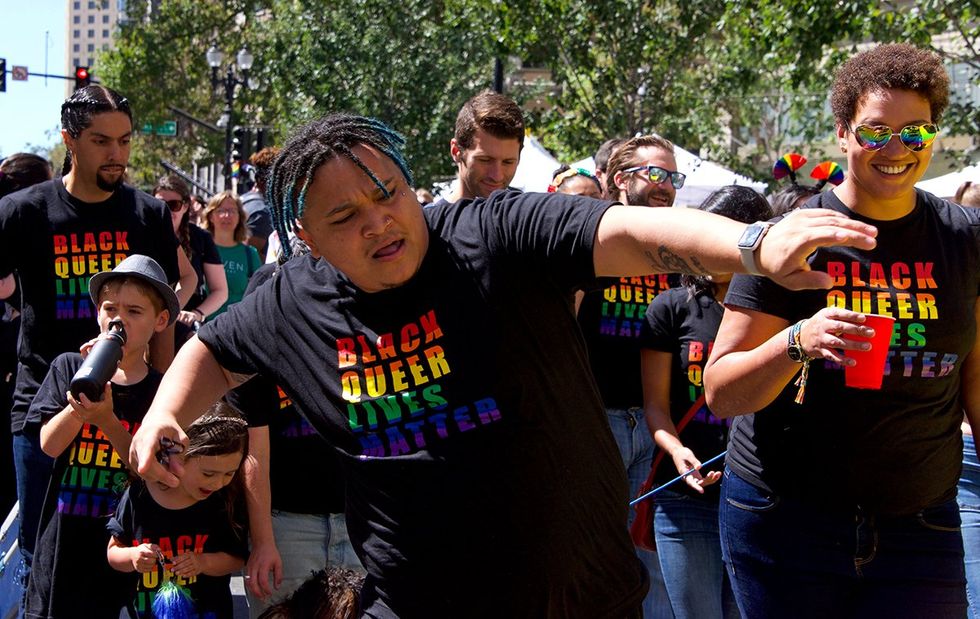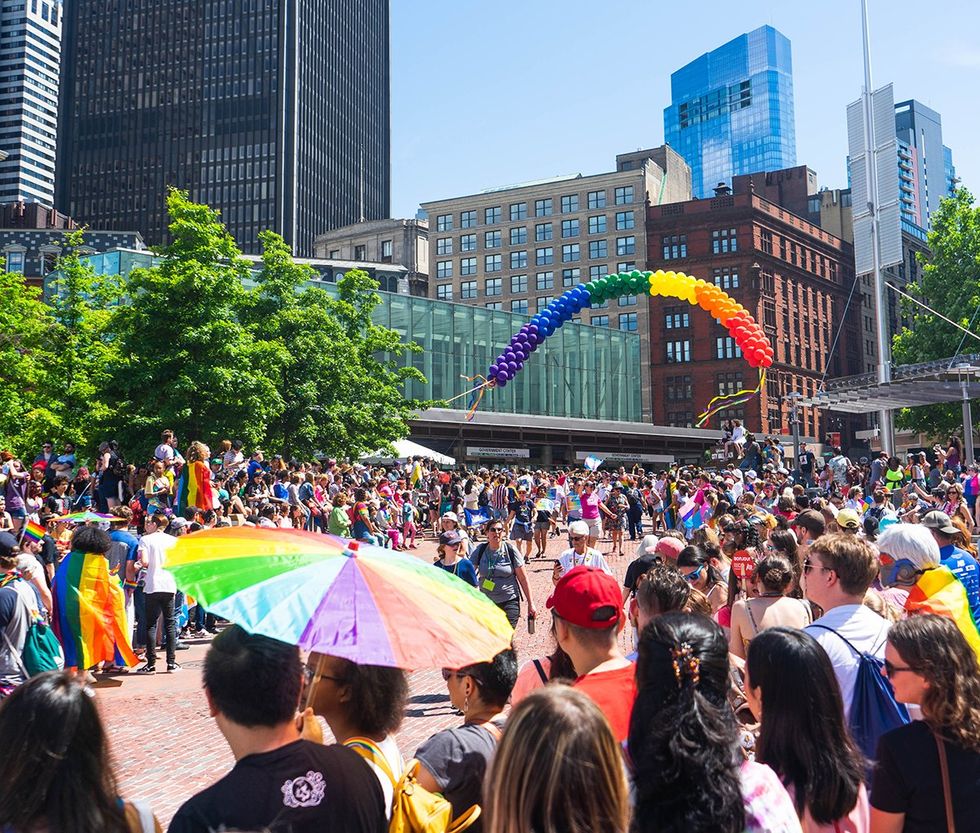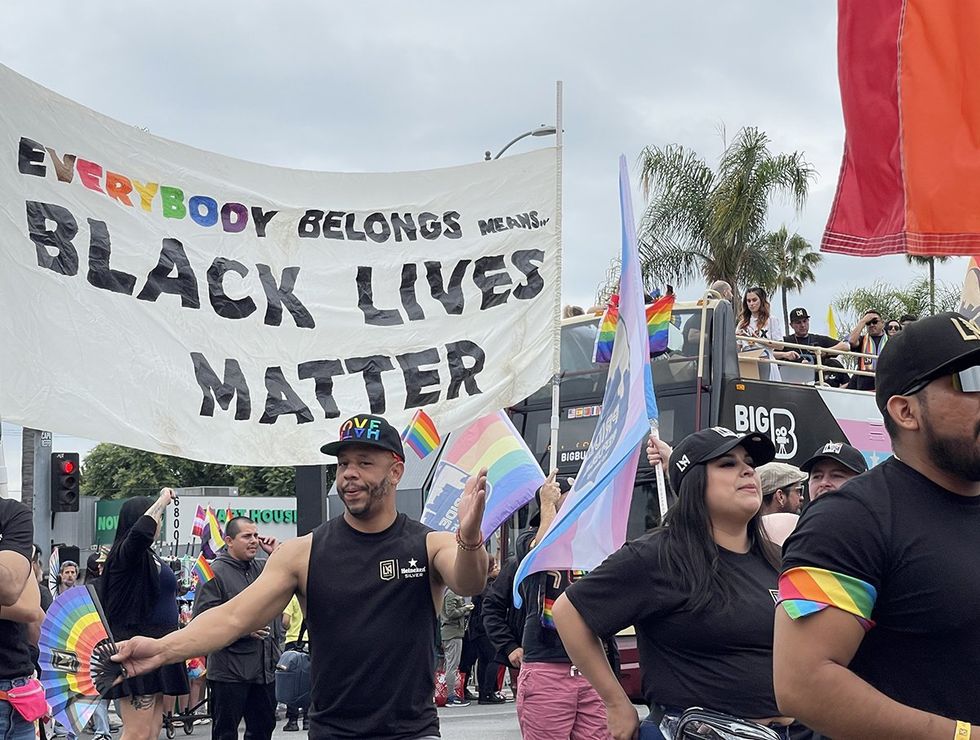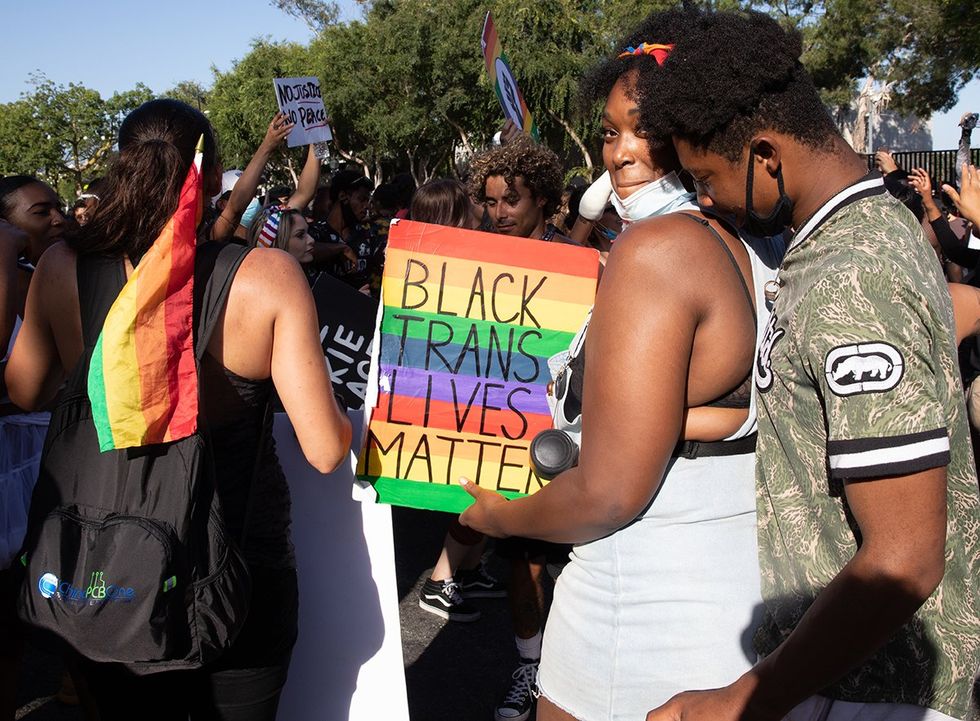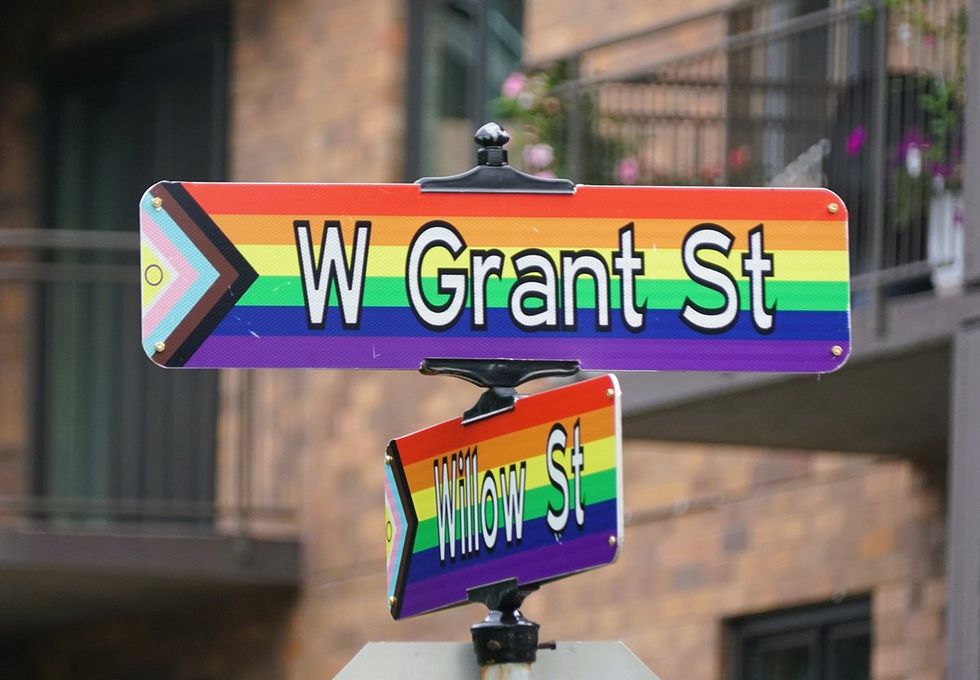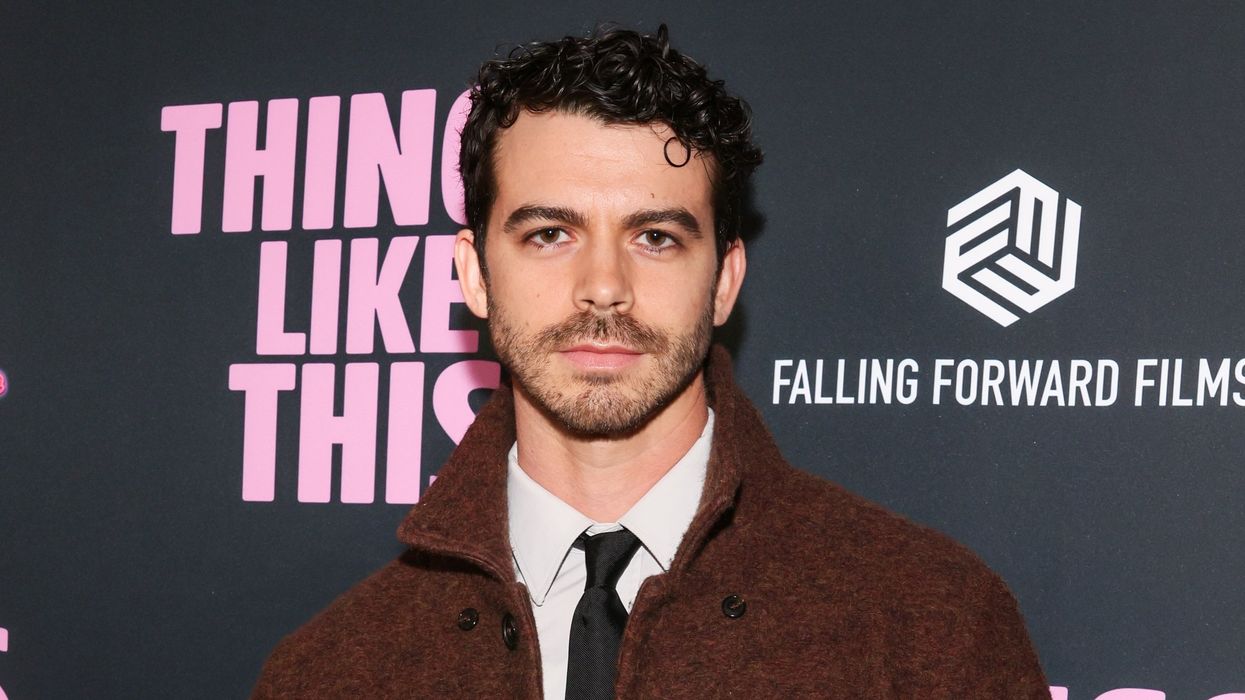As a millennial, the internet has played an essential part in how I gather information, how I build communication skills, and how I go about forming an opinion on politics. What’s most revolutionary about the internet (and social media in particular) is what it has done for people and their many identities. The mainstream media and the normative, more privileged, culture of the West have been forcibly challenged by people unapologetically being themselves, and online culture is partly to thank for that. Discussions about race, gender, socio-economics, climate change, and LGBT rights have accelerated tremendously in the past few years and I really believe online activism has done something remarkable for identity politics in this day-and-age. But is there ever a point where it can all just get to be too much?
The New York Times called 2015 “the year we obsessed over identity.” It’s become commonplace in progressive online communities to discuss what people ‘identify as,’ whether they be latino, white, black, a man or woman, gay, or straight, cis or trans. Modern politics are shaped entirely around their identity, and much of this discussion happens online. The internet allows us to build a character of ourselves and we can project whatever identity we want to the world wide web. Because identity is inherently connected to one’s ego, this type of behavior can lean towards narcissism, and the serious side effect of one’s online identity politics has potentially made it so that over-identifying creates a fragility in conversations and places a tension in building relationships.
I know that I have over-identified with many things at different times. Over-identifying has served purposes for me. When I got sober, it was really important to identify as an addict so I didn’t relapse. When I came out a trans, I over-identified to make it clear to those around me who had questioned my transition, that I was in fact transgender. I over-identified as a feminist because I harvested a lot of guilt for transitioning to male. By holding these identifiers so near to me, it made it hard for me to be open to other ideas and other views, because they were not just threatening my identity politics, but (it felt like) they were now threatening me personally because my identity politics had become such a large part of my everyday life.
Everyday when I get online I see the present state of self-identity, in which we’ve created personalities and politics dependent on outside affirmation while simultaneously feeling guilty for our own privilege and trying to police others like us in the name of ally-ship. This takes different forms. I scroll down my timeline and see white privilege being checked. Male privilege is called out. Gay culture is reprimanded for its transphobia. White women are criticized for their attitudes towards black women. Monogamy is challenged by the poly community. One Democrat calls another a war monger for supporting Hillary Clinton over Bernie Sanders. A lot of these things are good actions to take, but many of them also feel unintentionally self-centered. People bind their whole reality in their personal identity and the more they experience imperfect affirmations and general criticism of that identity, their online (and sometimes in-person) interactions begin to feel like a serious threat, rather than someone else merely having a different opinion or a lack of education.
One night, as I was battling with thoughts of depression, anxiety, and bottom dysphoria, I decided to post something on my personal Facebook account to encourage myself and other trans folks. I wrote, “Being transgender is actually really fucking cool.” The comment felt innocent, non-political, and uplifting enough, and because it was on my Facebook, it was very personal to me. While I received a lot of support of the post, I also faced an equal amount of outrage, watching allies, trans people, and other queer people fight with one another and attack me in the comment section. Some told me I was a trans misogynist. Others said I was privileged. Some other trans people who don’t like being trans told me that I was somehow speaking for everyone by claiming that being transgender was cool. I walked away with the notion that I was not allowed to say (at least online) that being transgender is positive and I should feel guilty for liking that part about myself.
Identity, to me, feels like it’s become a prejudiced and short-sighted occurrence. Conversations towards change have become a pitting of identities against one another, and even ourselves. It feels like our guilt and ego has taken over and we are unintentionally hurting each other. As a collective, we shift from liberation to fragmentation and back to oppression when we let something like identity politics and difference of opinion have of power over us. When do the call-outs lead to change?
Not only is being unkind to one another, cutting each other down, and nitpicking unnecessary and harmful to all involved, it’s also harmfully distracting. It takes away from the work we could be doing internally on ourselves and within our communities. Identity politics are supposed to be helpful towards societal fairness, but lately it feels like we’re creating a society that doesn’t leave room for transformation, healing, or kindness. I believe that we can balance the lived realities among us while also supporting those different from us, without clinging to the idea that essentially states we all need to be, think, and feel the same in order to be respected or generate change. Opening our hearts feels like the next phase in radical change.










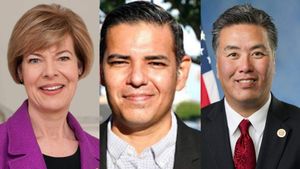

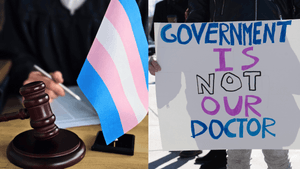
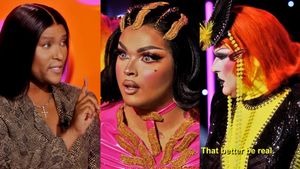




















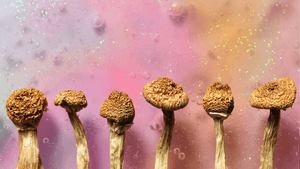



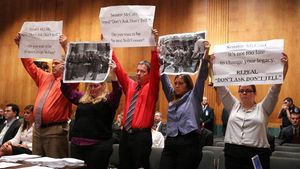


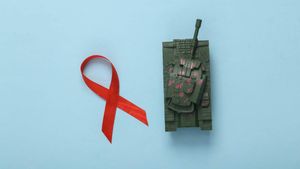


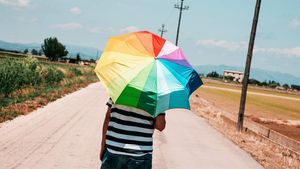



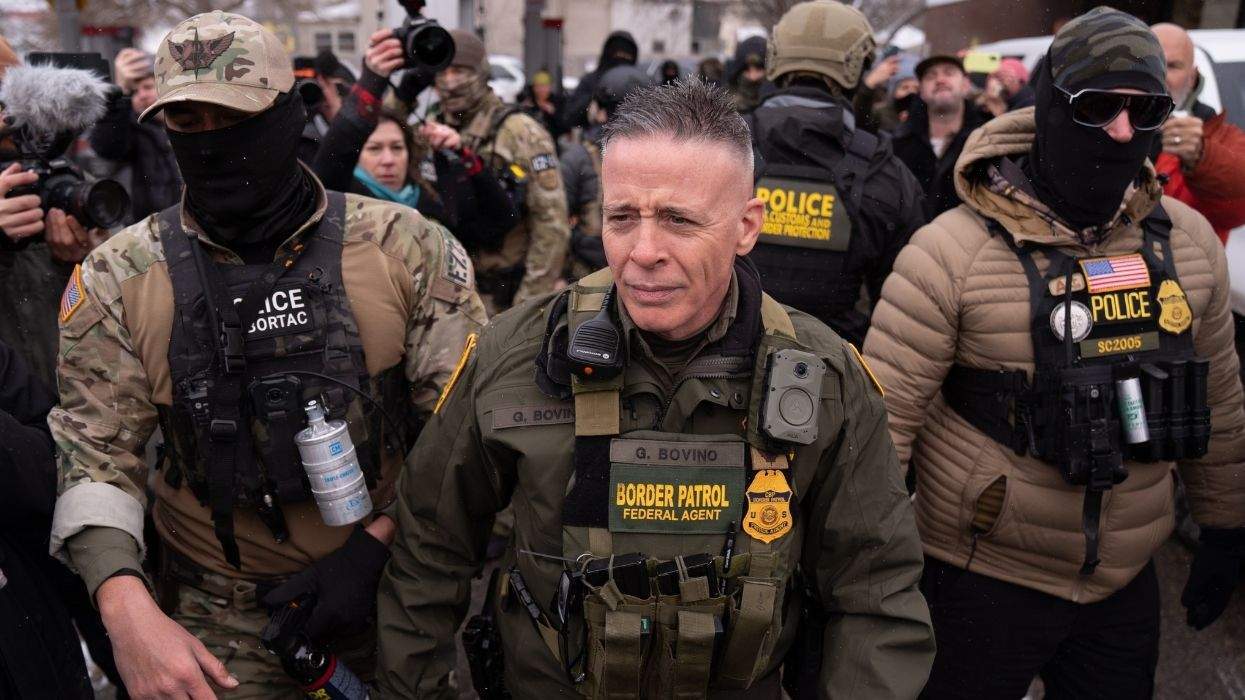







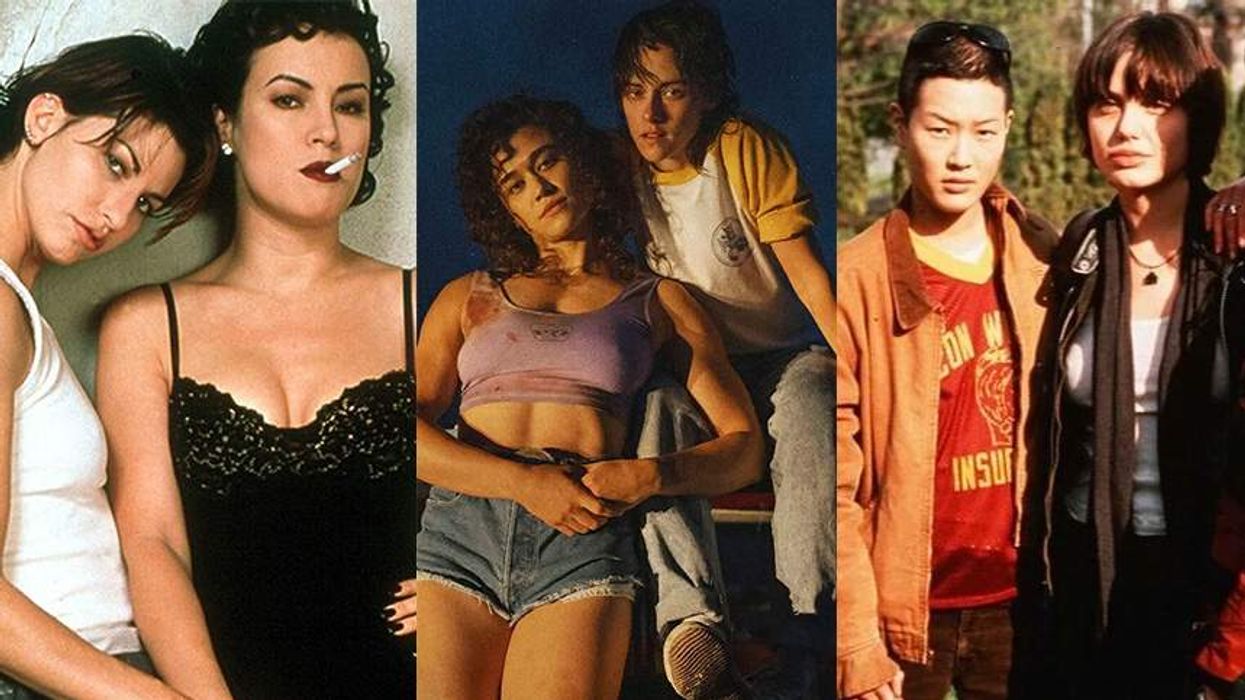
 Sapphic outlaw moviesNew Line Cinema; A24; Samuel Goldwyn Company
Sapphic outlaw moviesNew Line Cinema; A24; Samuel Goldwyn Company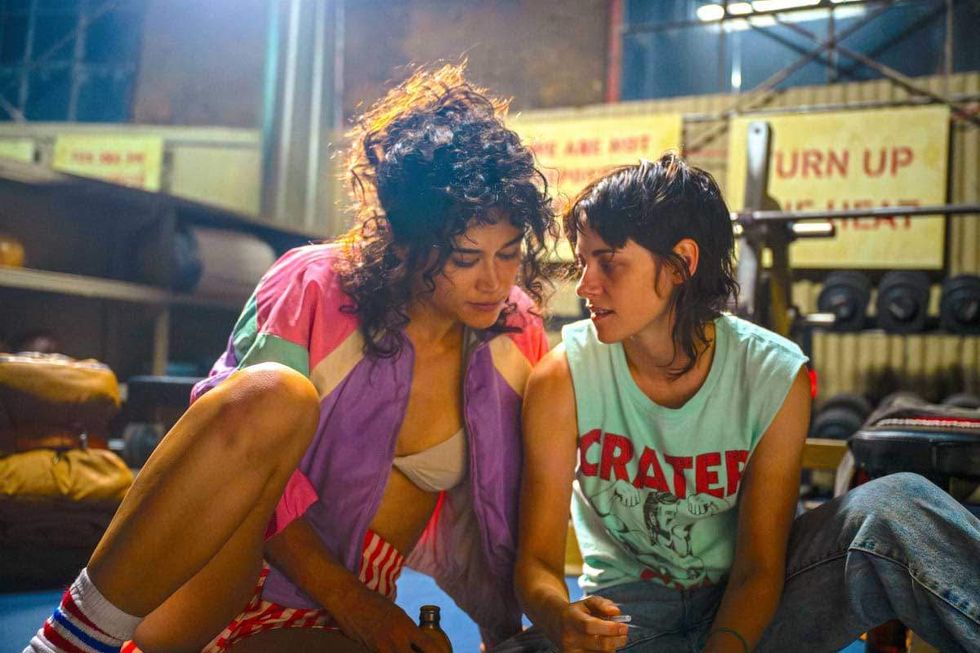
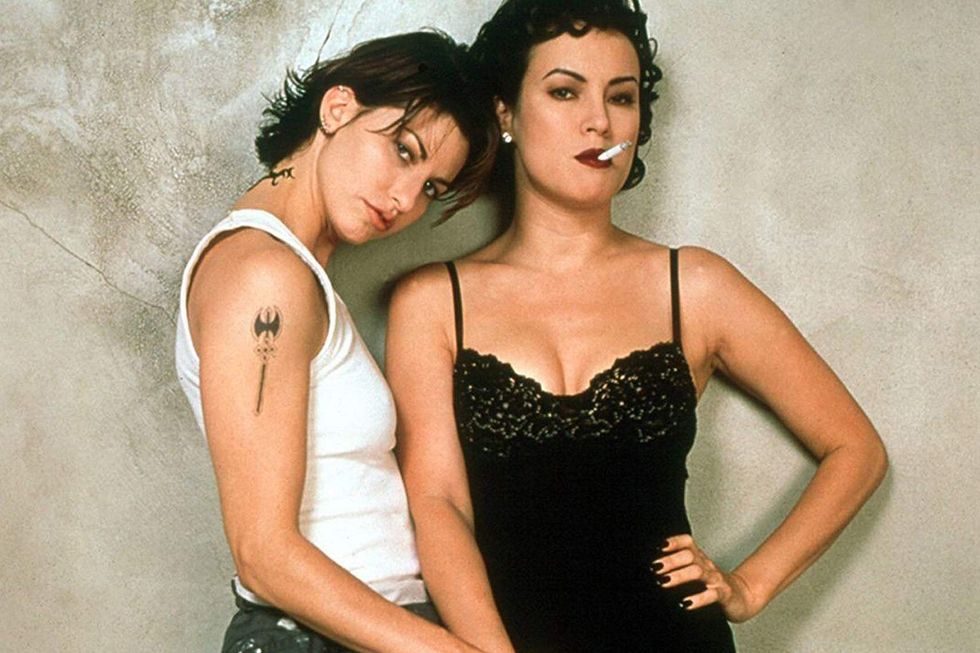



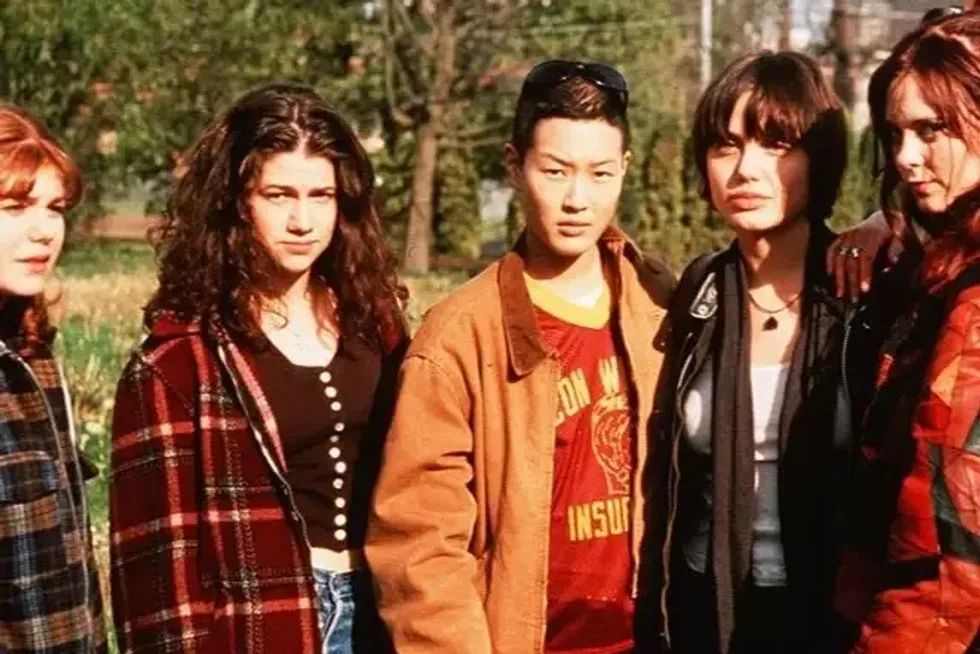

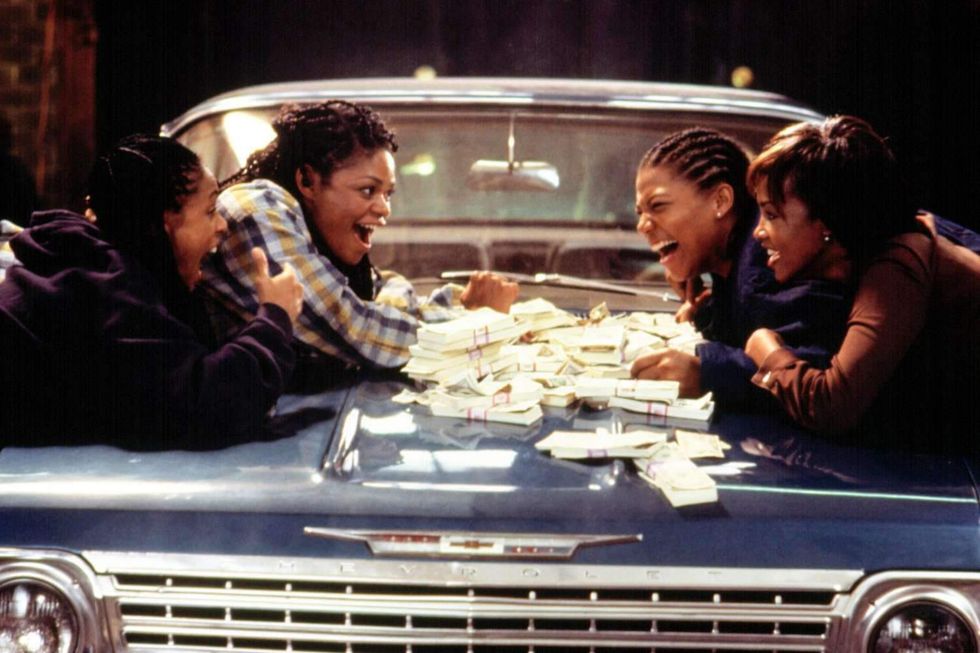


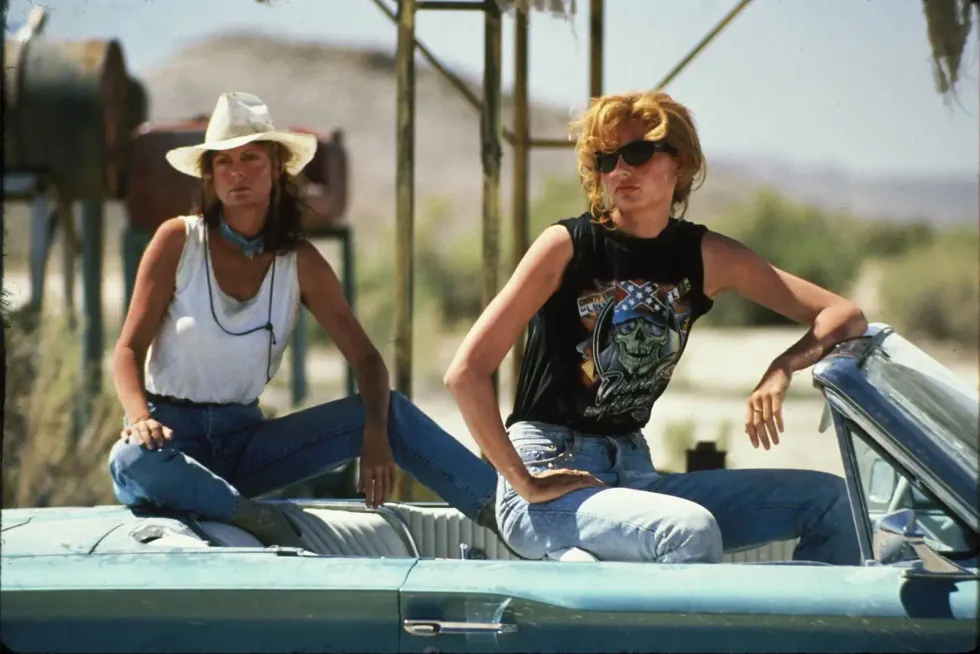
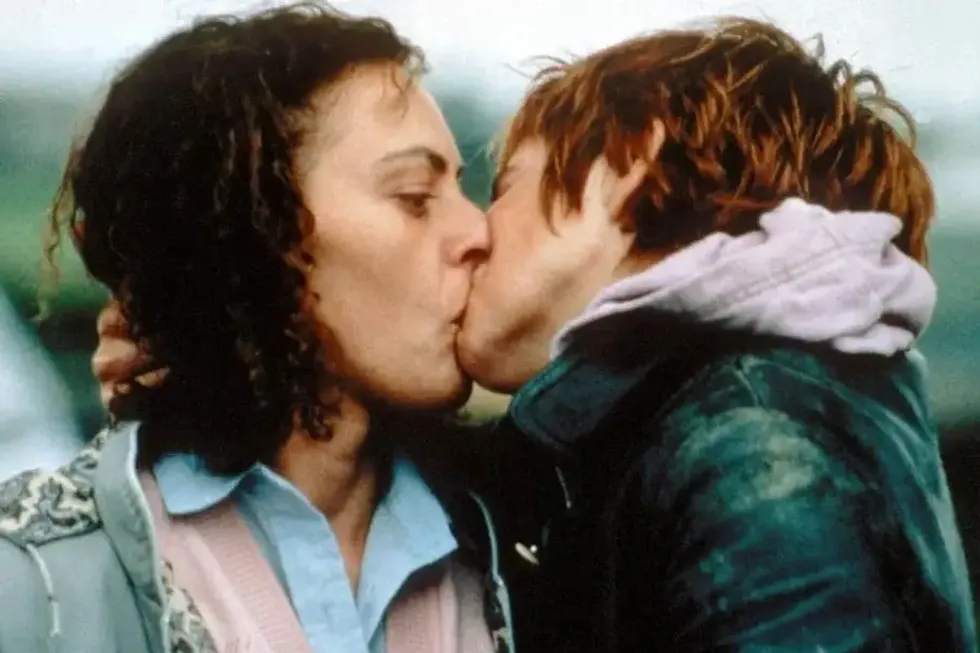

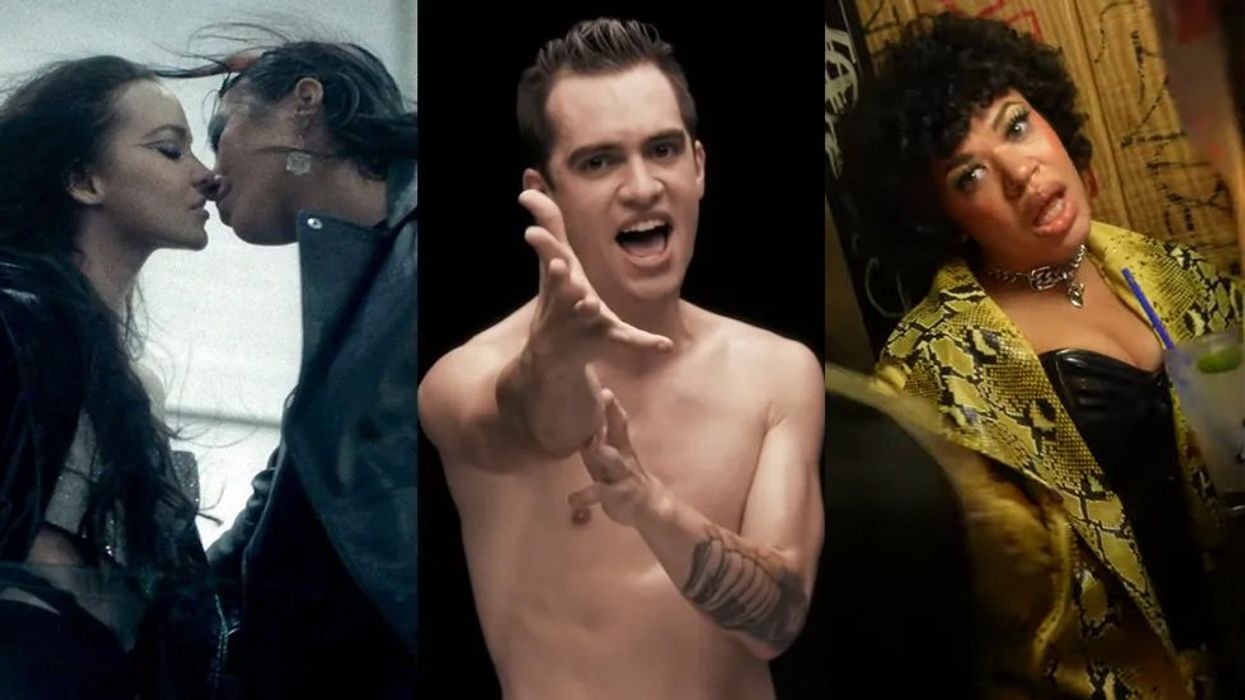
 35 bisexual pop anthems we have on constant repeatYouTube.com/Binoy
35 bisexual pop anthems we have on constant repeatYouTube.com/Binoy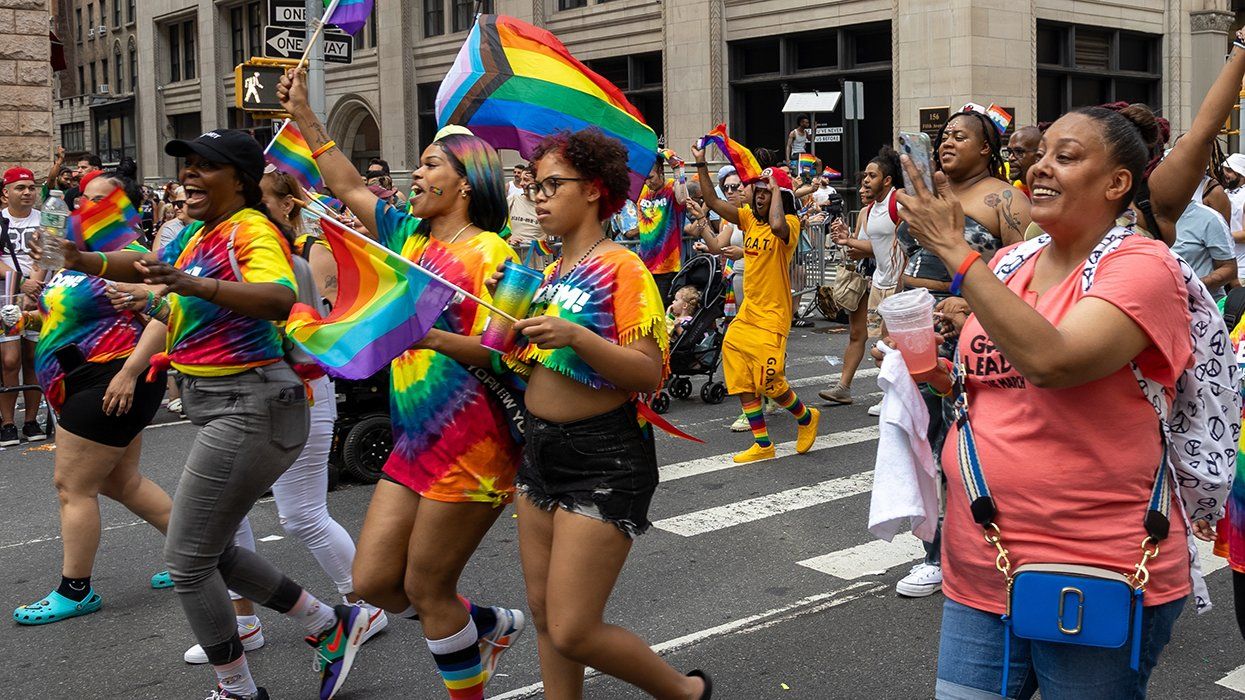
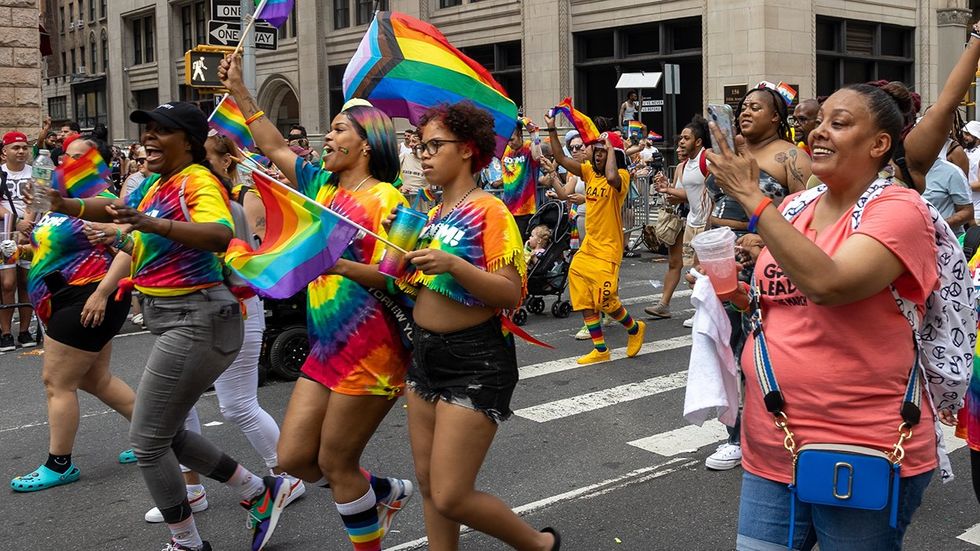 Kirkam/Shutterstock
Kirkam/Shutterstock